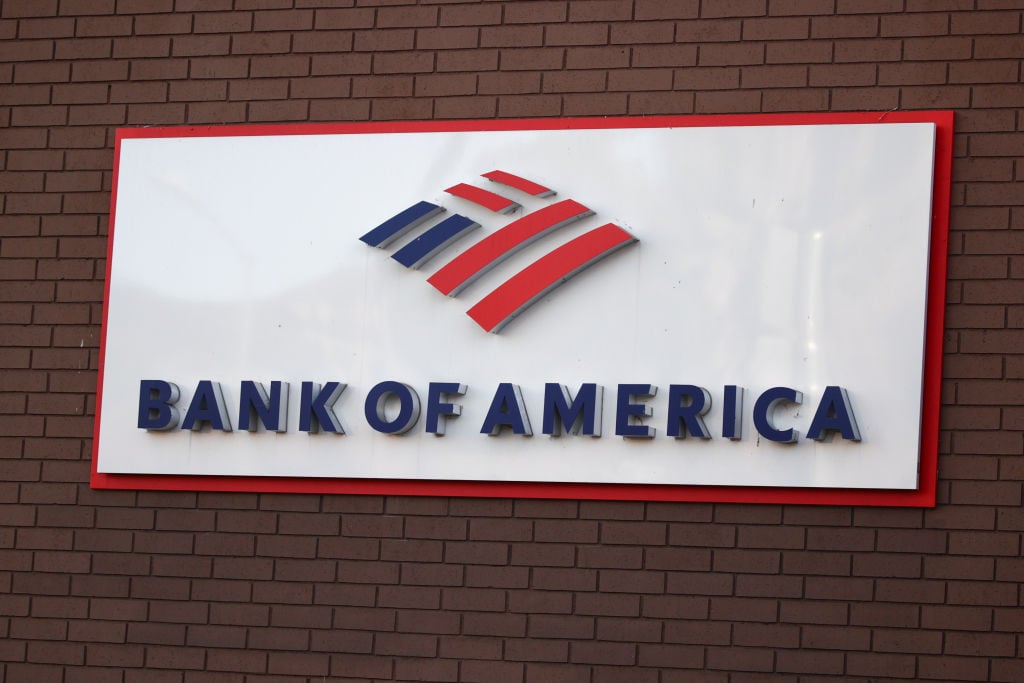A frightening pattern has emerged in the financial world. It goes something like this: a bad event happens; the government swoops in to help; and then things wind up getting worse. The perpetual optimists among us may wish to believe that the help came just in time to keep a bad situation from getting worse.
Reality spins a different tale. The government has a radically different legal and financial playing field than an ordinary investor. As a result, even when it acts with the best of intentions, Uncle Sam's assistance often winds up causing far more harm than good.
The road to Hell...
That effect is so strong that there's even a name for it -- "The Law of Unintended Consequences." It's what happens when an action designed to do one thing winds up causing something else entirely.
For instance, Federal Reserve Chairman Ben Bernanke has been injecting capital at a furious pace since January in a failing attempt to stave off a financial meltdown. Yet rather than acting as an expensive lender of last resort, the Fed has been aggressively lowering rates and extending borrowing privileges to more companies.
The more aggressive the Fed has gotten, the tighter the credit market has become, especially when it comes to interbank lending. Supporters would have you believe the Fed's actions were the only thing keeping any liquidity in the market at all. Yet nagging questions remain:
With the government offering an essentially unlimited supply of cash at unbelievably cheap rates, why would any bank borrow anywhere else? Why would any bank with excess capital to loan try to compete by charging less? As long as the Federal taps keep gushing unlimited supplies of cash at such cheap rates, the interbank lending market may never recover.
...is paved with good intentions
Likewise, foreclosures provide three very useful features to the mortgage market:
- They entice people to pay their mortgages even when times are tight, in order to keep their homes.
- They enable banks to loan money to people with less than perfect credit. The home is the bank's collateral if the borrower defaults.
- When homes are auctioned after foreclosure, the prices they fetch tend to be near or below the low end of what they may really be worth. By establishing a price floor, foreclosures provide a basis by which lenders can feel comfortable making new loans on similar properties.
Yet when the FDIC took over IndyMac, it stopped that bank's foreclosures. Likewise, Treasury Secretary Henry Paulson is pushing to limit foreclosures as part of his massive investments in the country's banks. As cruel as it may seem, foreclosures are a necessary part of keeping the mortgage market functional. The tighter the restrictions on foreclosures, the less banks are willing to lend.
For the mortgage market to reopen, banks need to know that their collateral is good. For that to happen, foreclosures need to be a credible threat to keep people paying, and they need to continue to establish the price floor for homes. Without them, the mortgage market may never return.
Reality bites
In fact, mortgage rates have generally been climbing, in spite of all the cash being thrown at the banks as an enticement to loan money. When good intentions get paired with bad policies, we all lose, especially those who play by the rules. 30 year mortgage rates for financially strong borrowers with a 20% down payment haven't been this high in a long time:
|
Bank |
30 Year Mortgage Rate |
|---|---|
|
People's Community Bank (NASDAQ:PCBI) |
7.375% |
|
Bank of America (NYSE:BAC) |
7.125% |
|
US Bank (NYSE:USB) |
7.000% |
With all that help causing borrowing costs for strong loan candidates to rise, is there any wonder why property values still haven't bottomed?
Pick your poison
At this point, unfortunately, there will be more economic pain to come, no matter what happens. If we continue down the path of government "help", the lending market may never fully recover. On the other hand, if their Federal funding gets shut off, cash-hemorrhaging firms like Ford (NYSE:F) and General Motors (NYSE:GM) may be forced into bankruptcy protection.
Even bankruptcy has its upside, however. It would allow those companies to trim their excess capacity while restructuring their massive legacy costs and debt loads. Once they emerged from their reorganizations, they would be in a far better position to compete against the new automotive titans of Honda (NYSE:HMC) and Toyota (NYSE:TM). If a domestic auto industry is important, in the long run, bankrupting GM and Ford may actually be beneficial.
Bernanke himself once admitted that bad government policies worsened the Great Depression. It'd be a shame for history to repeat itself due to the unintended consequences of all this Federal help.








